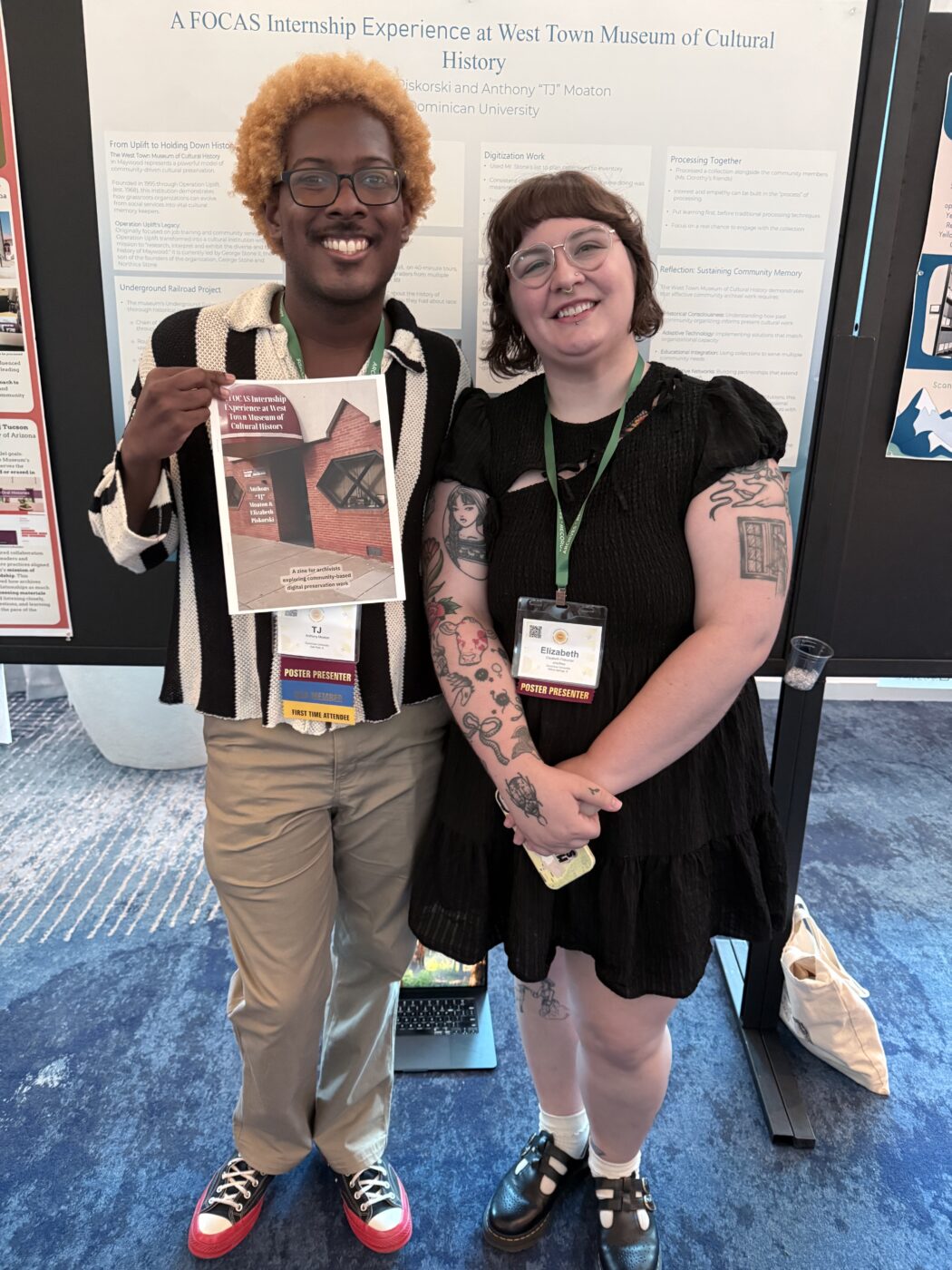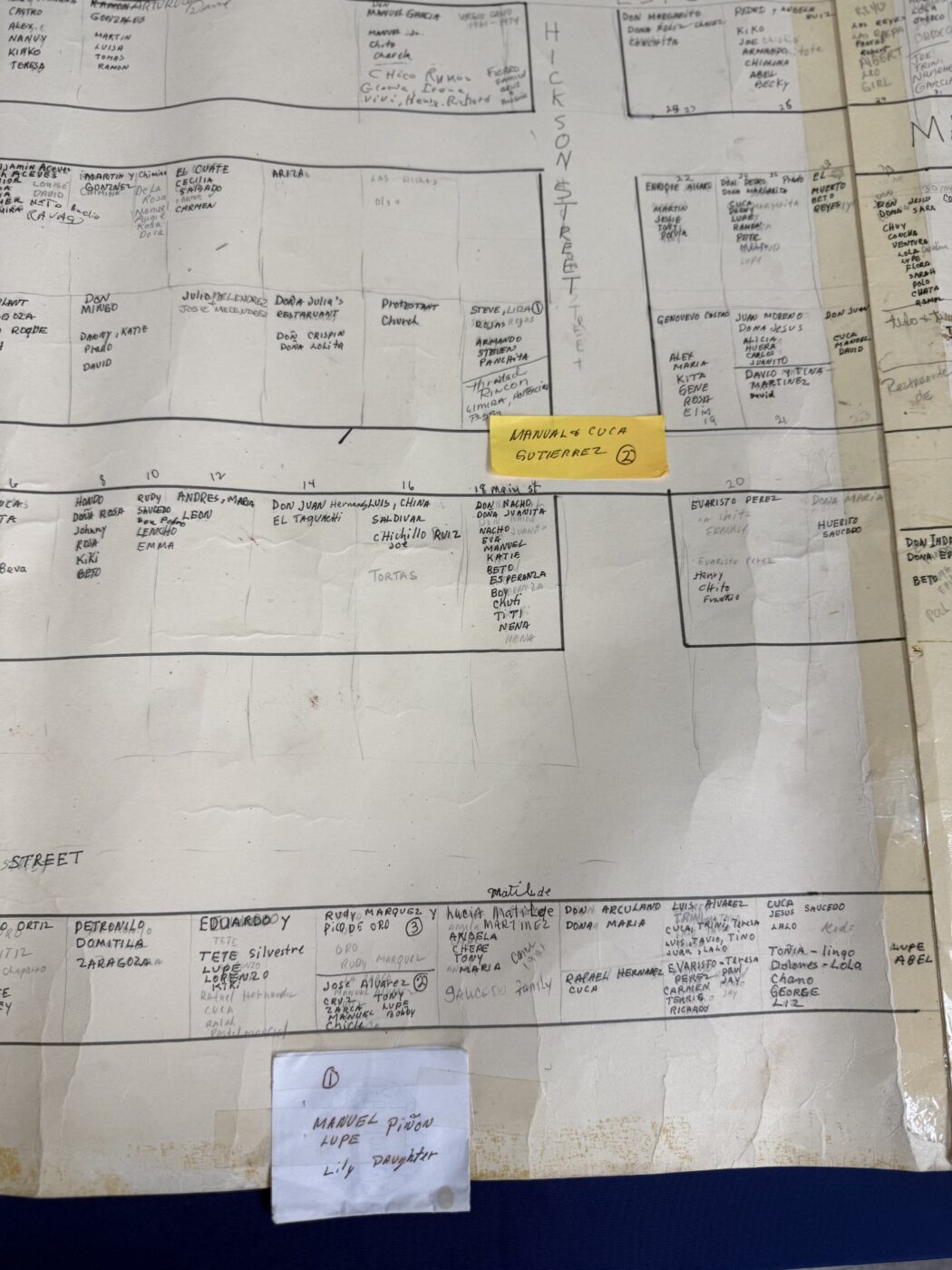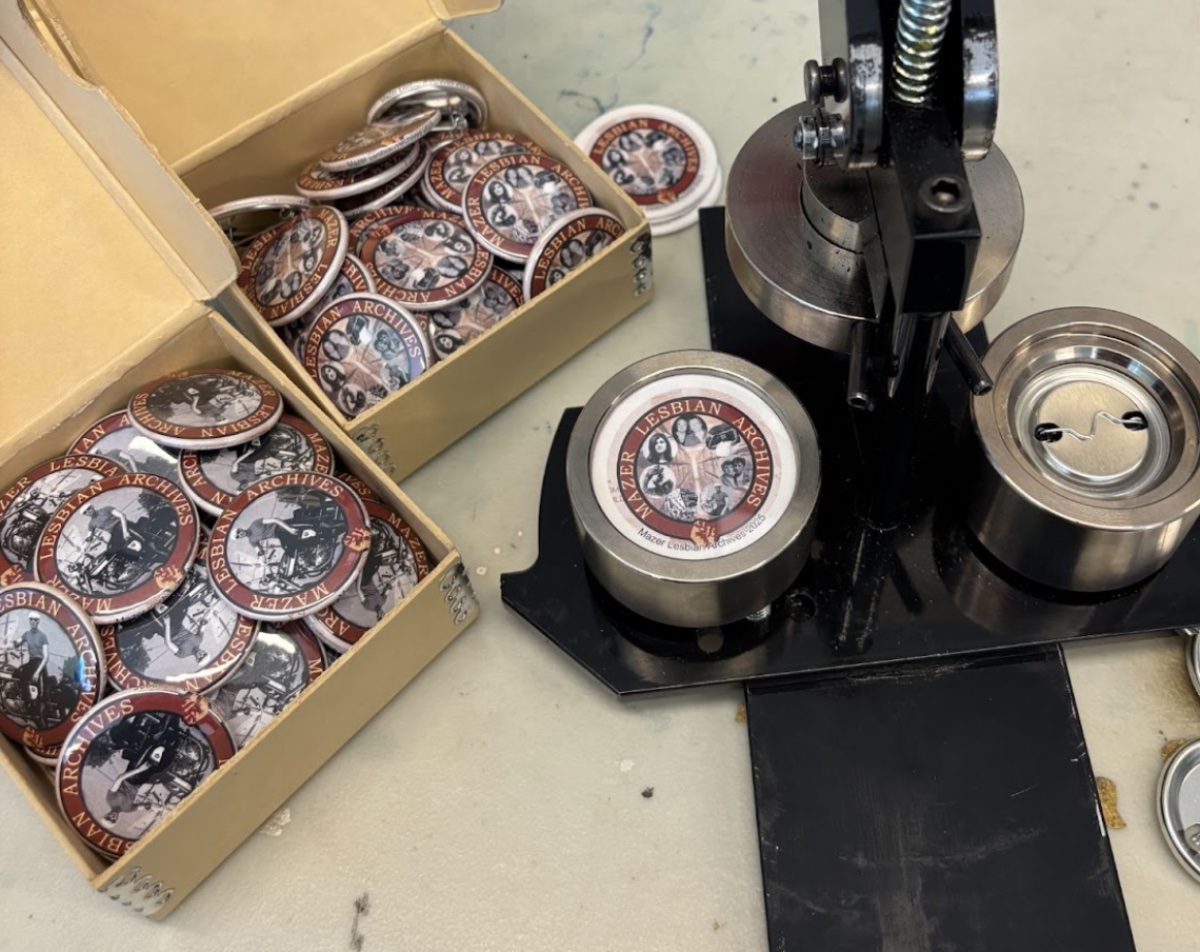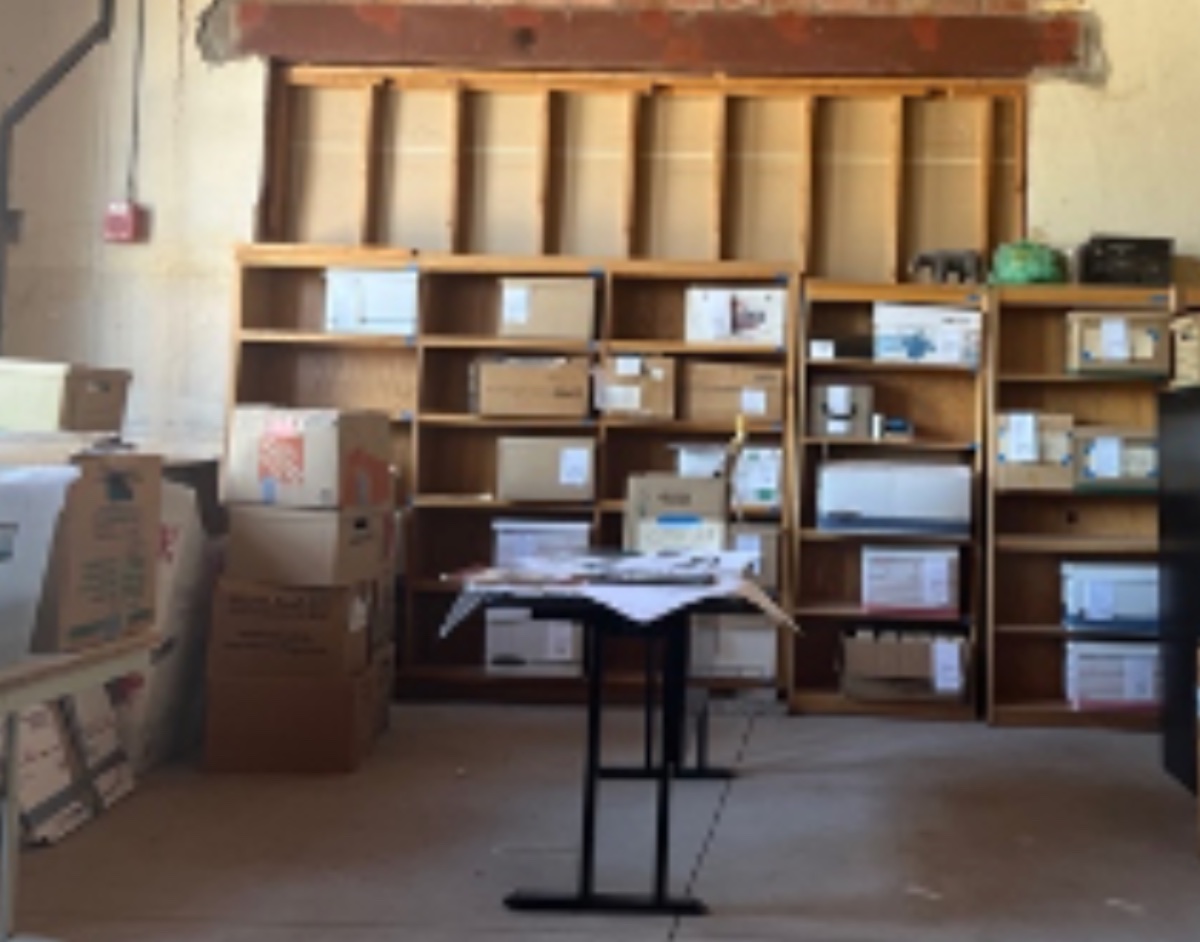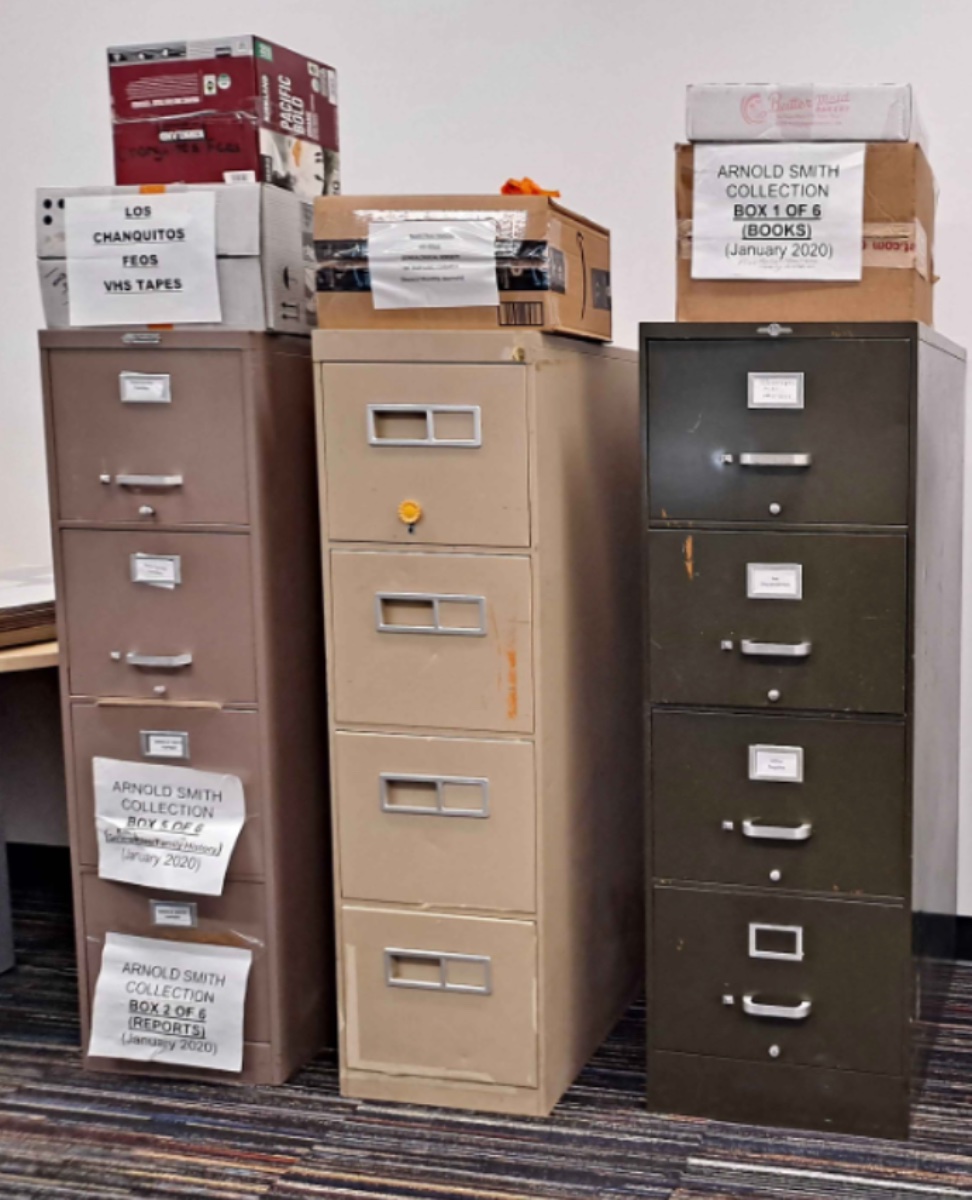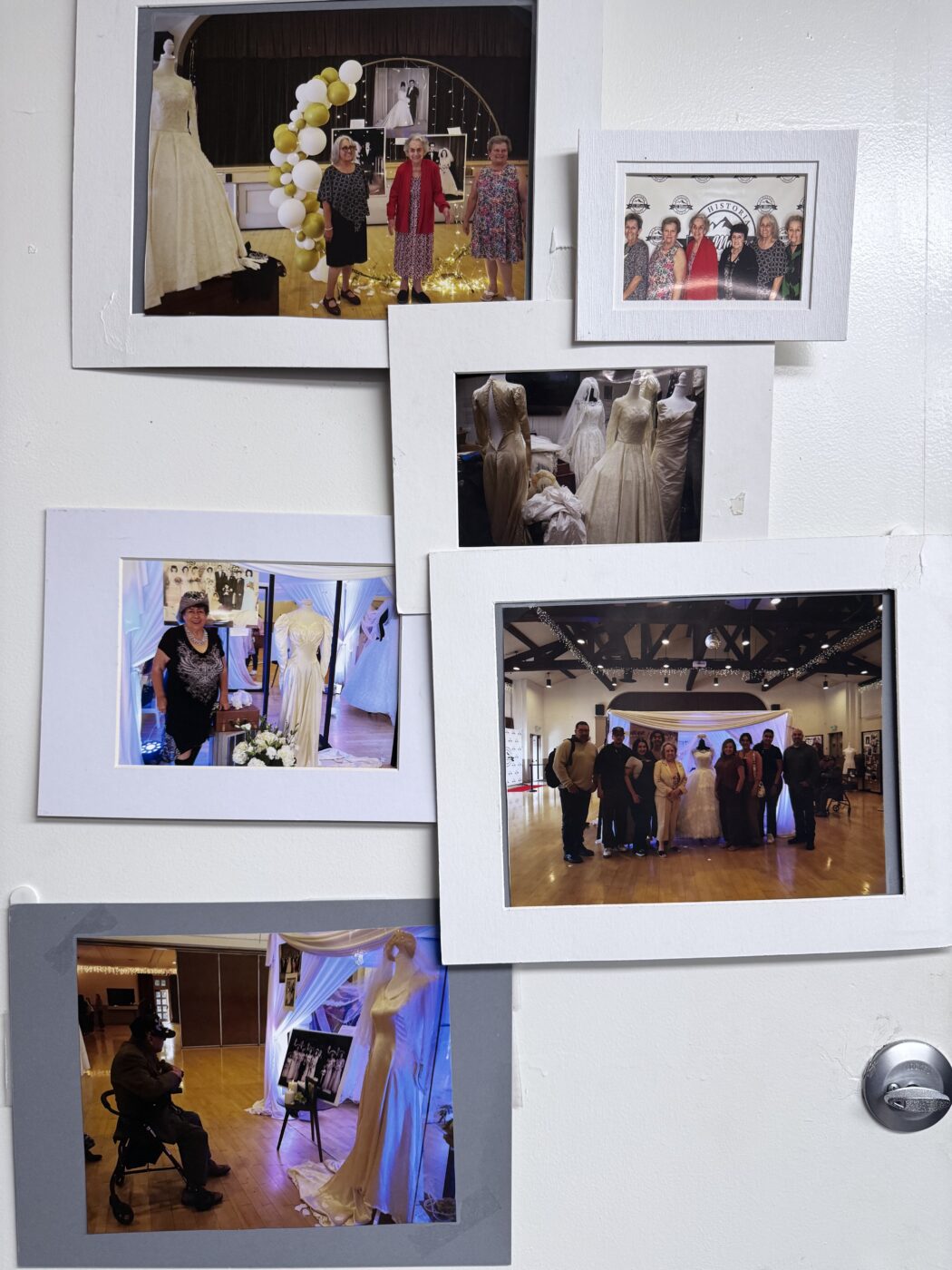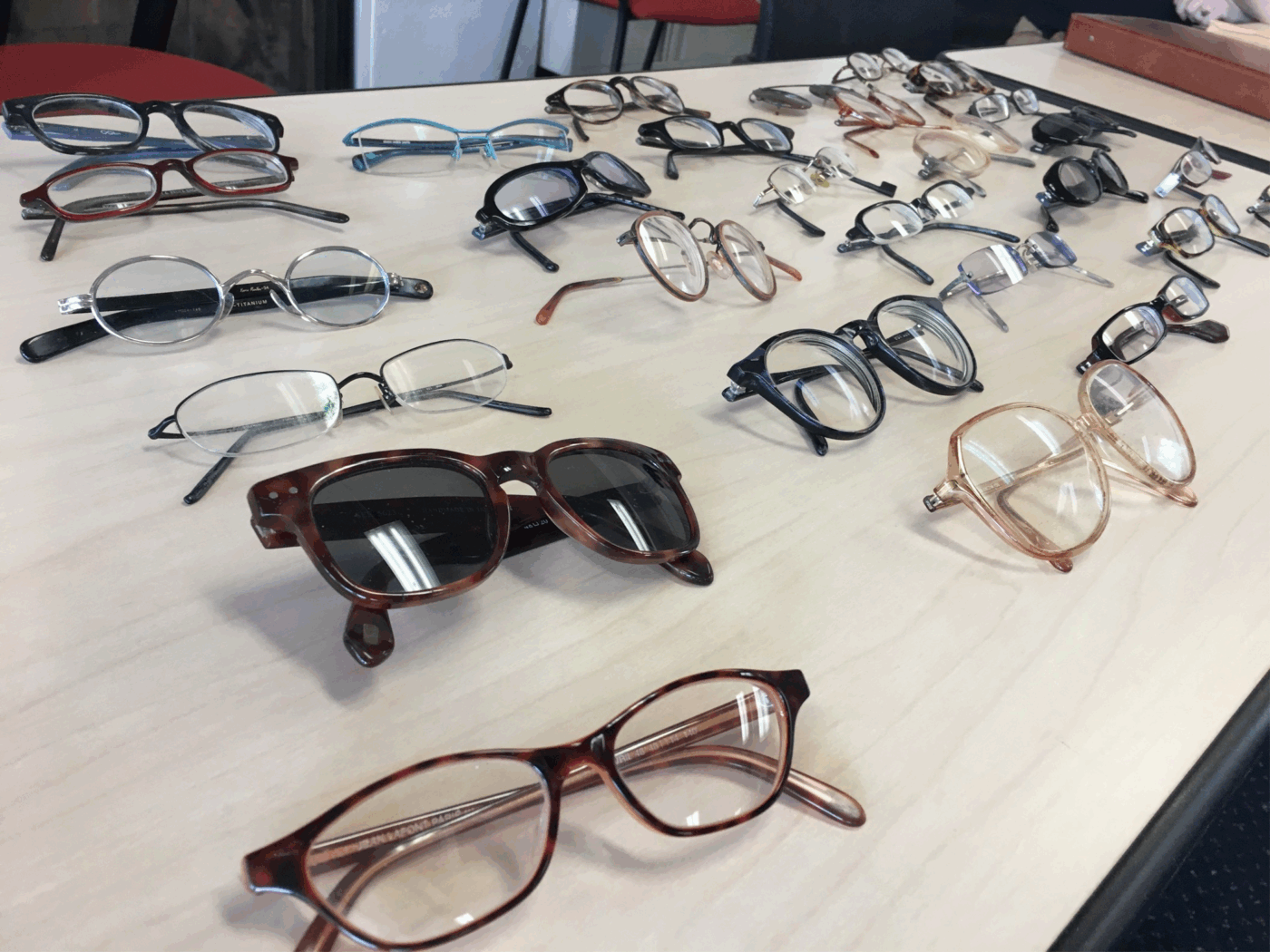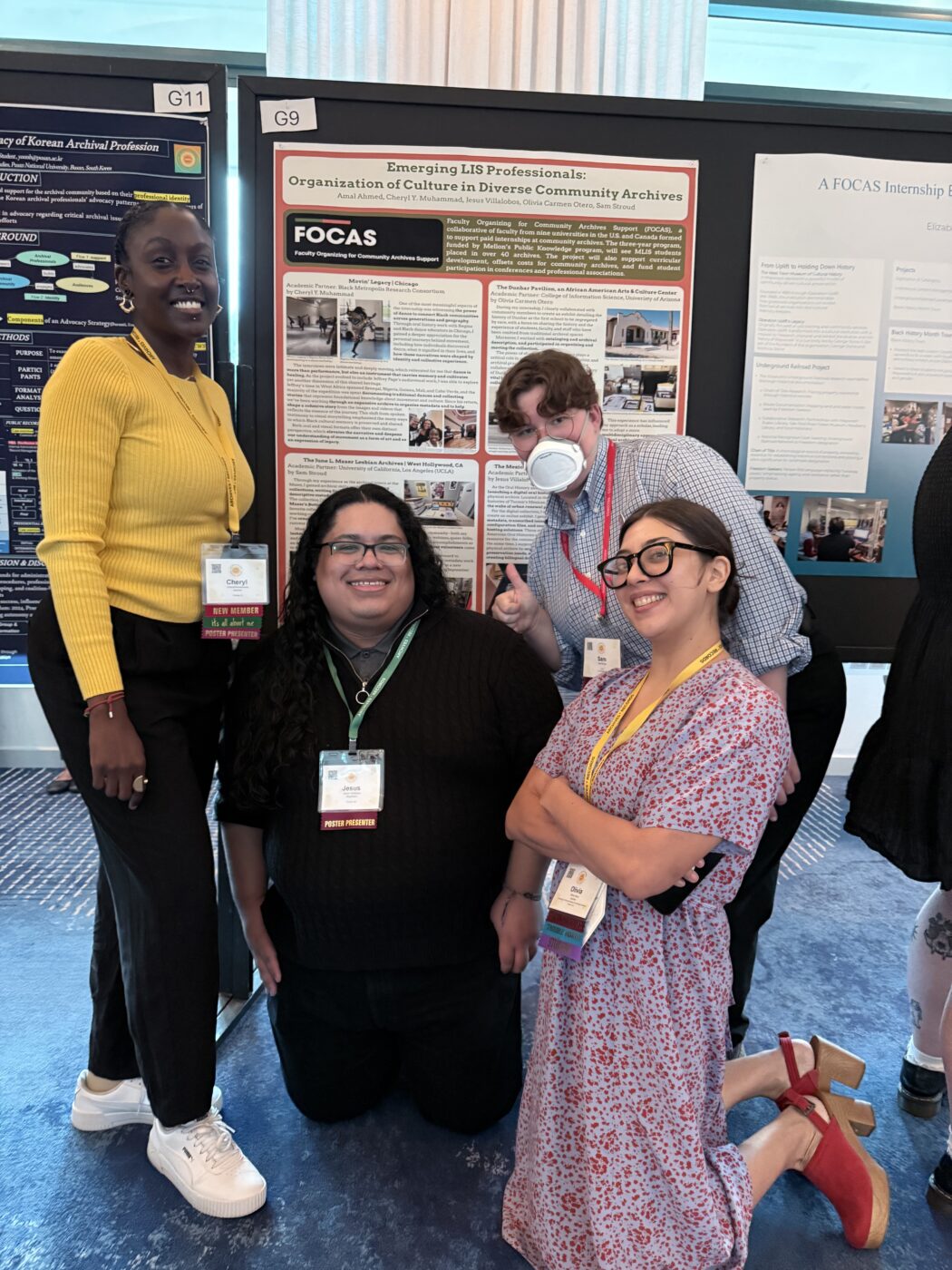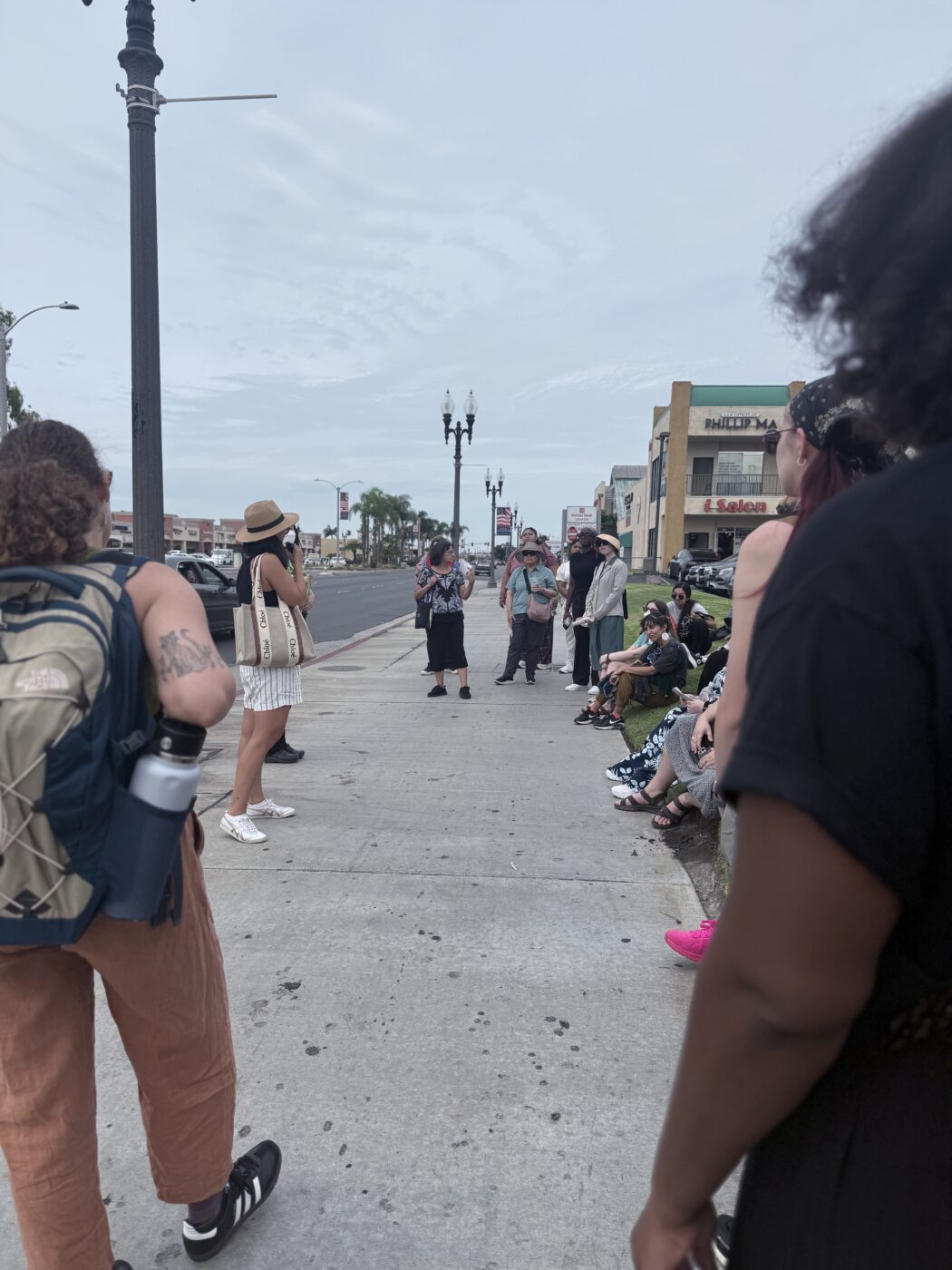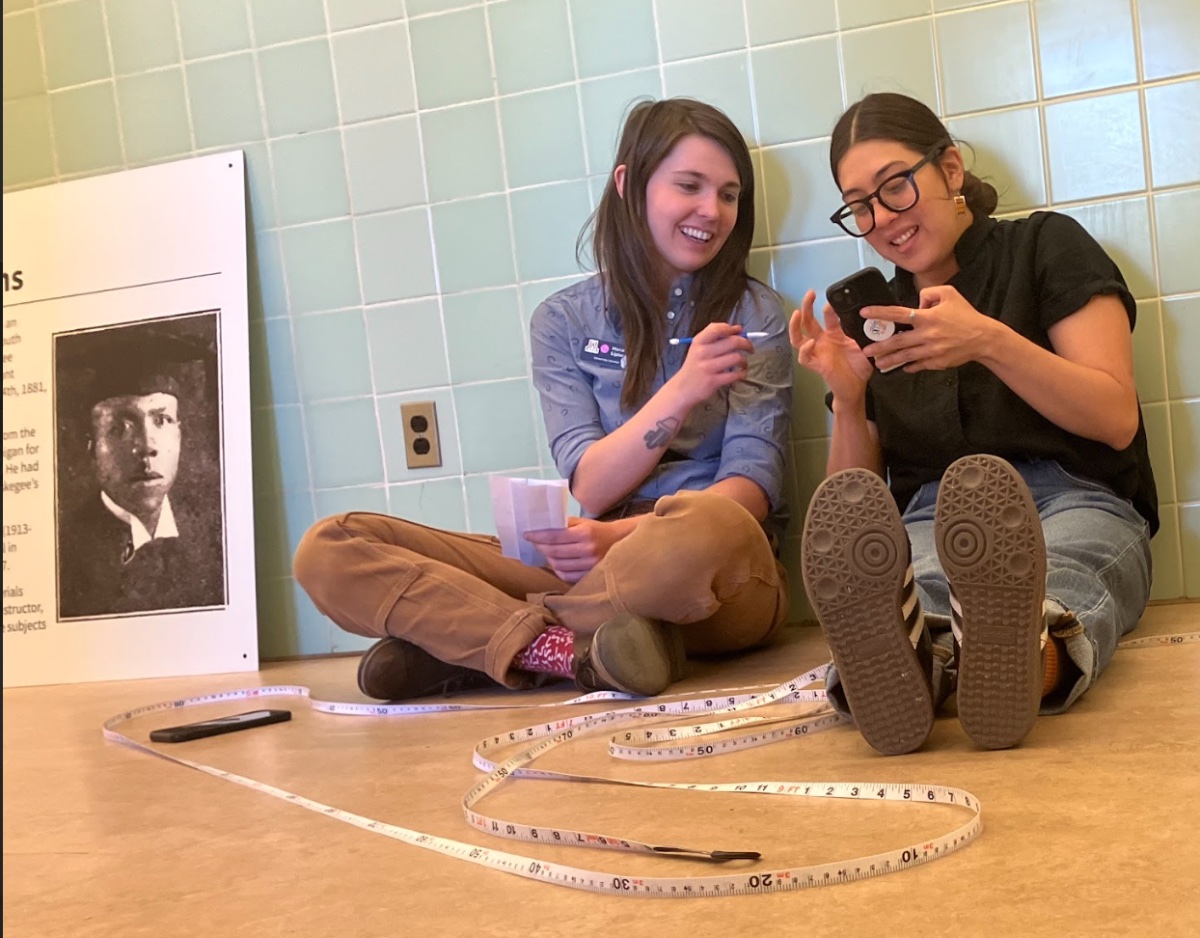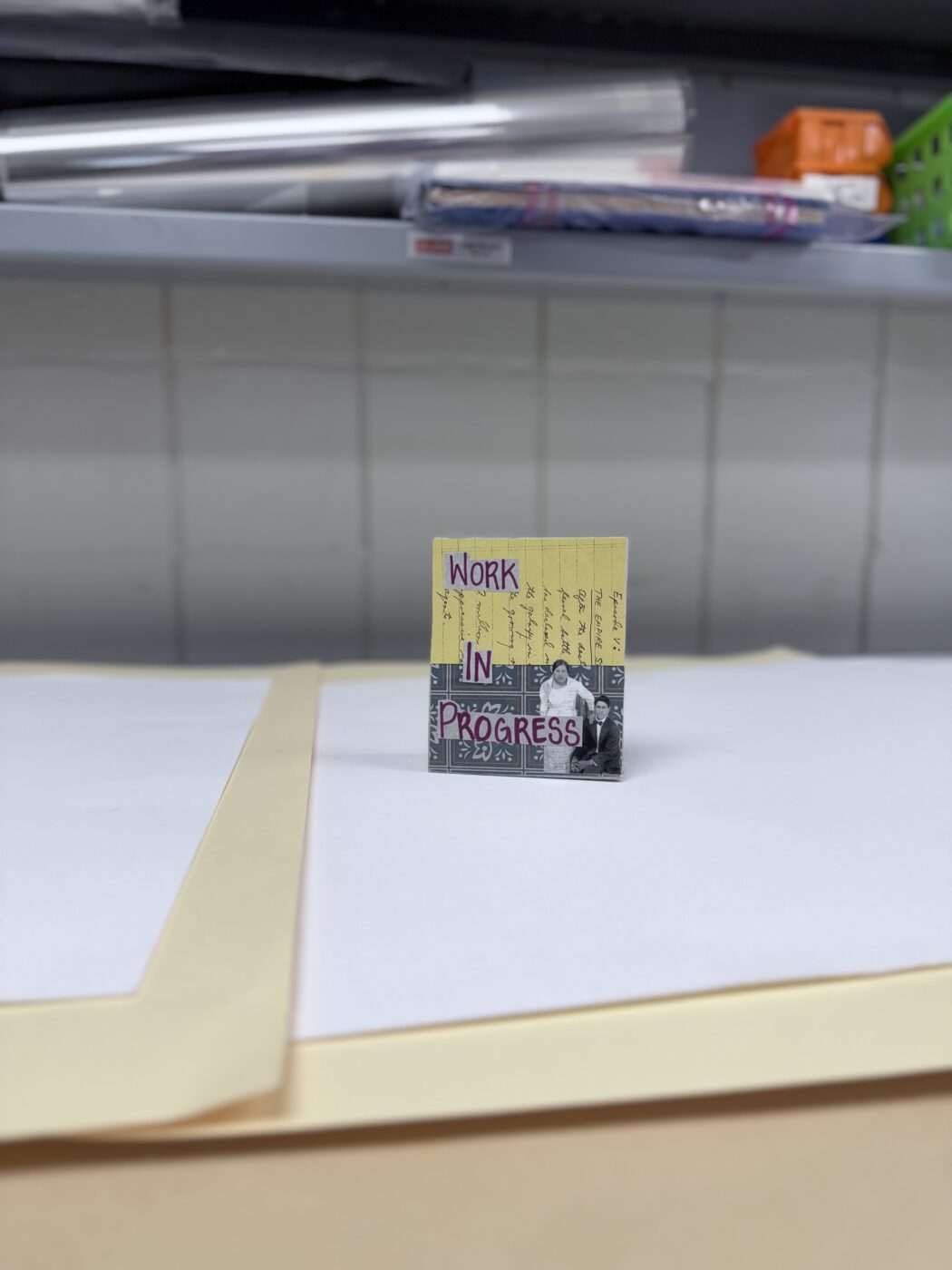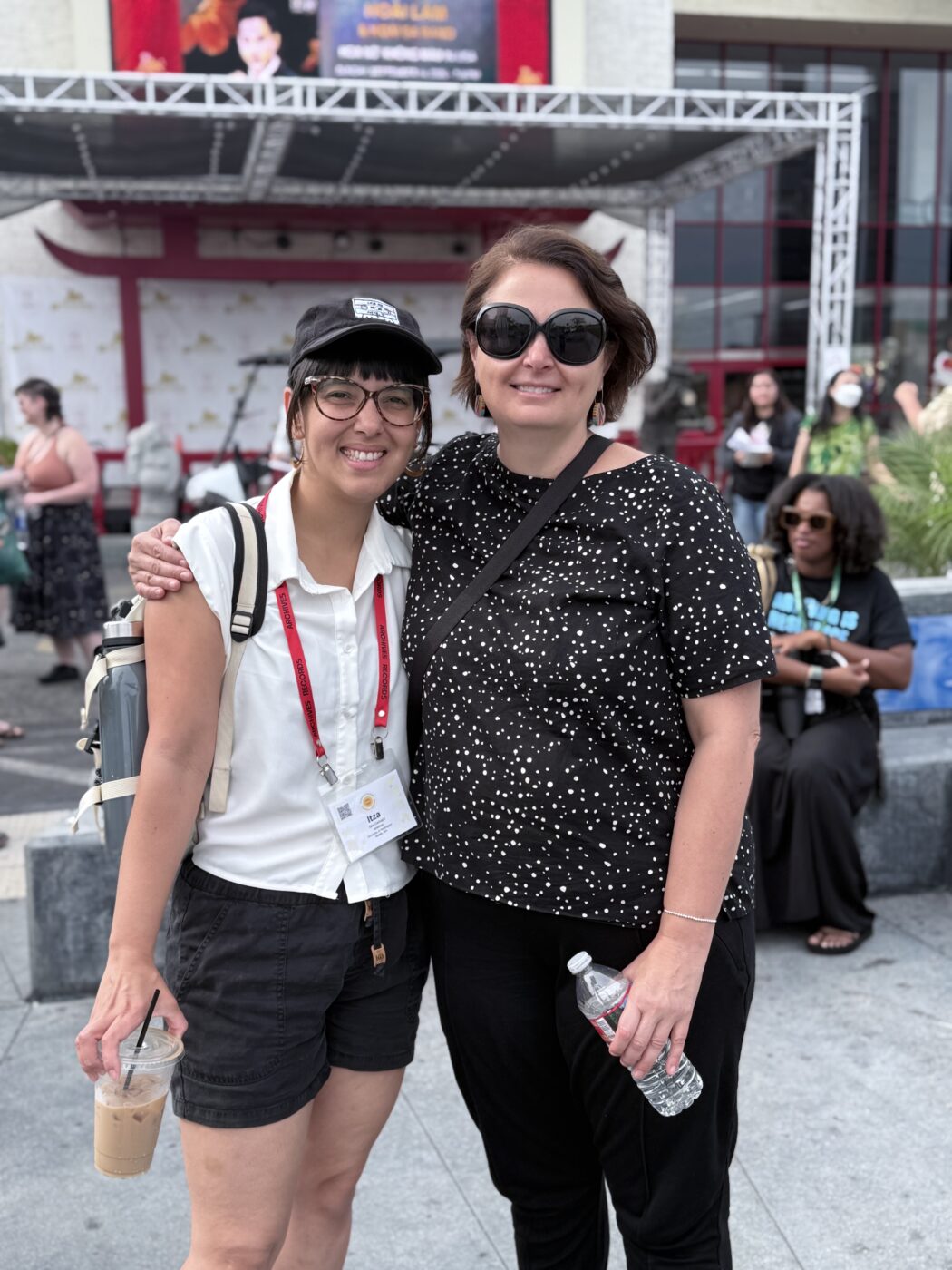-
INF STD 289: Oral History
Oral history is a structured practice of recording and preserving first hand life stories and information and making these primary sources available to others. This seminar covers the principles and practice of oral history, with a focus on the ethics of recording life stories for long-term preservation and public access. After an overview of how…
-
INF STD 289-1: Ethnographic Research Methods
What ethnographic research methods do Information Studies professionals use to explore and understand how individuals make meaning from their lives and the communities to which they belong? How does fieldwork unfold and what ethical quandaries and complexities do ethnographers confront during the course of their research? This course serves as an introduction to ethnographic research…
-
INF STD 211-LEC1: Artifacts & Cultures AKA “Introduction to Information Studies”
This course explores the intersection of artifacts and culture within the field of information studies. Students will examine how information artifacts (such as documents, technologies, systems, and media) influence and are influenced by cultural contexts. The course emphasizes critical analysis of theoretical frameworks, empirical research, and case studies to understand the roles artifacts play in…
-
NF STD 289: Ethnic Studies Librarianship
Ethnic studies is the interdisciplinary study of race, ethnicity, indigeneity, gender, sexuality, class, and dis/ability. The field addresses the production of critical knowledge about power and inequality, including systems of knowledge that have emerged from racialized and indigenous communities. Raymond Pun, Melissa Cardenas-Dow and Kenya S. Flash assert that, “While not every state has adopted…
-
NF STD 291C PhD Seminar Theorizing Community: Placemaking, Memory Work, and Ethics of Care
Thuy Vo Dang, Ph.D. (she/her) The concept of “community” has become exceedingly commonplace and a catchall term for multiple, complex, and sometimes competing claims to identity, social relationships, and group boundaries. This seminar examines frameworks of placemaking, memory work, and ethics of care for communities whose histories and cultural heritage are threatened by systemic forms…
-
IS 433: Community-Based Archives
Professor Michelle Caswell Course Description and Objectives:The course will build student understanding of and experience working with communities on the development of strategies for documenting their activities; managing, collecting, and preserving community records and other historical and cultural materials; and exploring theoretical and practical issues related to community archives. This course will require students to…
-
IS 289: Critical LIS Praxis
Instructor: Professor Michelle Caswell Catalog description:Study addresses ways in which critical theory (defined broadly to include works of Marx, Frankfurt School, Foucault, deconstructionists, feminists, critical race theorists, and queer theorists, among others) can inform, challenge, transform, and re-envision LIS practice. Emphasis on critical discourse analysis and theory generation as research methods in LIS, with aim…
-
LIS 641Community-focused Archives and Museums
Course Description:In this course, students will draw from critical scholarship and community memory practices; hands-on practices with documenting and preserving community stories and oral histories; classroom discussions; and community-focused assignments to develop an understanding of community-based archives and museums as knowledge domains. Students will be introduced to the concept of “research with respect” to develop…
-
LIS / INFO 540 Introduction to Archives
This course will introduce students to the principles and practices of the archivist and the archives field. Topics will include history of archival theory; documenting people, history, subjects, and places; and how this process shapes collective memories. Additionally, this course will examine how the profession engages both theoretical and practical realities to guide archivist frameworks.…
-
LBSCI 790.3: Community Archives and Libraries
This course introduces students to community archives and libraries: their historical evolution and current state; their contributions to LIS theory; and the unique issues relating to their creation, management, and sustainability. The course explores notions of community and identity, concepts of symbolic annihilation and representational belonging, community sovereignty, and custodial and post-custodial models. Grounded in…
-
FOCAS Community Archives Program Internship
This internship provides a unique opportunity to engage deeply with community archives and contribute meaningfully to their vital memory-keeping work. Over the course of the program, you will apply culturally responsive archival practices, build critical professional skills, and expand your understanding of how archives serve diverse communities.
